
WELCOME TO
THE RESISTANCE
Getting Started with Activism
New to activism? Maybe you’ve never attended a protest—or you’re not ready to. That’s okay. This page is for people who feel the urgency to help but want clear, safe, practical ways to begin. You’ll find low-risk actions you can do from home, ideas for connecting with others, and simple ways to build skills. Start small, build confidence, and when you’re ready, step up to higher-impact actions alongside a supportive community. Every step counts.
Counter Authoritarian Tendencies
Do not obey in advance. Authoritarianism feeds on people “pre-complying” with what they assume a powerful figure wants. Practice the opposite: question, resist, and don’t normalize what harms your rights or your neighbors.
Beware “strong leader” fixes. When one person claims they alone can “save” everything, it’s about control, not solutions. Healthy democracy means shared power, not blind loyalty.
Reject cronyism. Corruption thrives when loyalty outranks competence. Demand oversight, ethics, and accountability at every level.
Watch who they target first. Authoritarian movements always start by scapegoating people who already face discrimination or economic struggle. If leaders are pointing the finger at vulnerable groups instead of solving real problems, that’s your signal: speak up and push back.
👥 With a friend: Say it out loud. Tell someone close what you won’t put up with and why.
📢 In community: When a politician, preacher, or boss pushes lies or “strong leader” talk, call it what it is. Don’t let it slide.
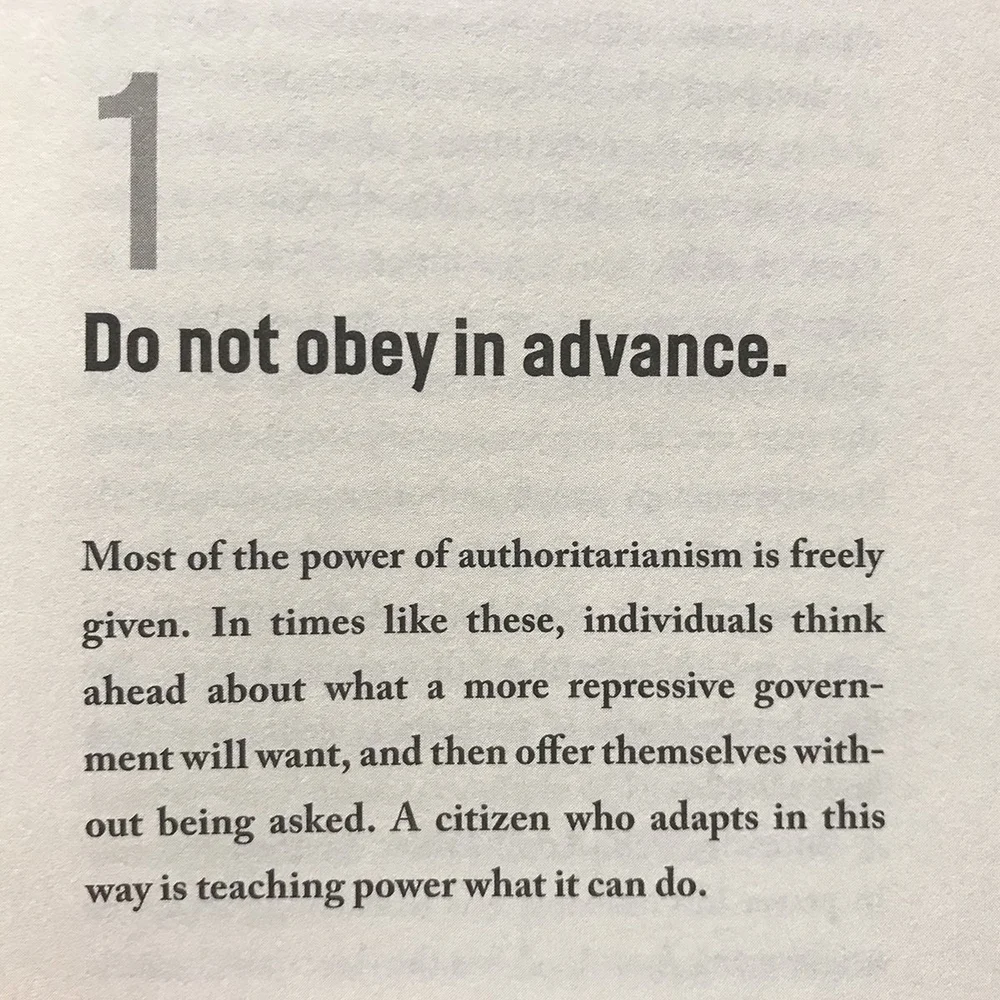

Uphold Truth and Reason
Defend the truth. Propaganda works by flooding the zone with noise. Slow down, verify, and share fewer—but better—sources.
Fight disinformation. Ask: Who published this? What’s their proof? Can I find it somewhere else? If not, don’t spread it.
Grow critical thinkers. Back schools, libraries, and community groups that teach people to analyze claims and push back against lies.
👥 With a friend: Share one legit story and explain why it matters.
📢 In community: If someone spreads a lie at church, work, or a meeting, stop them: “That’s not true. Here’s the real story.” No free passes for liars.
Build Community and Practice Empathy
Connection is protection. Small acts—eye contact, small talk, checking in—reduce isolation and build resilience.
Spend with intention. Every dollar funds something. Favor local and independent businesses that keep power close to the community.
Mutual aid matters. From food shares to rides, helping each other directly is stronger than waiting on broken systems.
Stand with the targeted. When scapegoating starts, answer it directly. Protect your neighbors from being singled out. BIPOC communities (Black, Indigenous, and People of Color), LGBTQ people, disabled people, veterans, and homeless/unhoused individuals experiencing homelessness are the most vulnerable in our towns. They are the ones most often attacked first. If you are white or hold other forms of privilege, use it—stand in front, speak up, and defend those who are targeted.
👥 With a friend: Shop local, trade food, swap tools. Keep resources close.
📦 In community: Set up a simple aid table outside a store, at church, or in a park. Share food, water, clothes. We’ve got us.
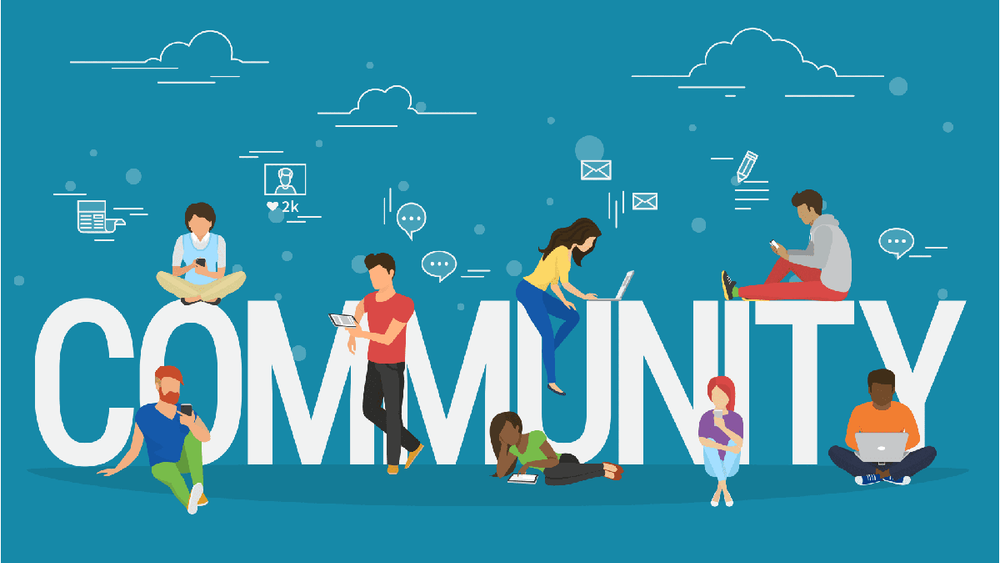
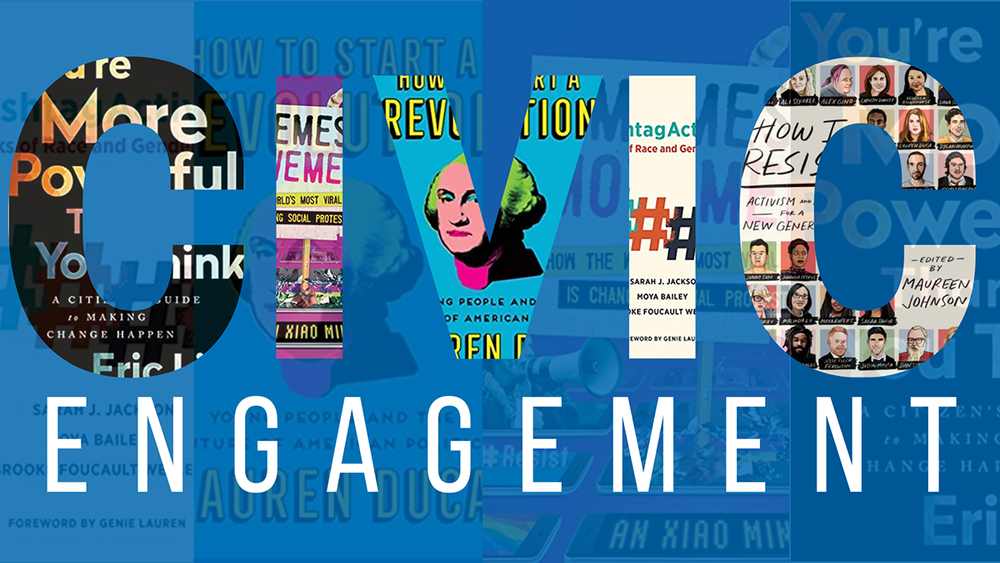
Engage in Civic Life
Collective power at work. Unions, groups, and coalitions turn frustration into leverage. Even small teams can shift local issues.
Start local. City councils, school boards, county commissions—these decisions shape daily life and are easier to influence than D.C.
Guard the process. Defend fair maps, accessible voting, and independent institutions. Democracy survives when rules apply equally.
👥 With a friend: Watch a county or school board meeting and write down the BS you hear. Share it with others.
🏛️ In community: Show up in person. When an official lies, say it plain: “That’s false.” Put them on the record.
Take Action, Step by Step
Begin where you are. Low-risk actions matter: one phone call, one postcard, one petition, one donation, one hour volunteered.
Match your skills to needs. Writers, organizers, cooks, drivers—movements run on many talents. Offer what you’ve got.
Build a routine. A small weekly habit beats a one-time burst. Put it on your calendar, grab a buddy, keep it steady.
Level up gradually. As confidence grows, try canvassing, giving public comment, or helping host an event.
👥 With a friend: Write letters, chalk the sidewalks, or hang a sign where people can’t ignore it.
📢 In community: March, banner-drop, or protest outside an office. Power only listens when it’s confronted.
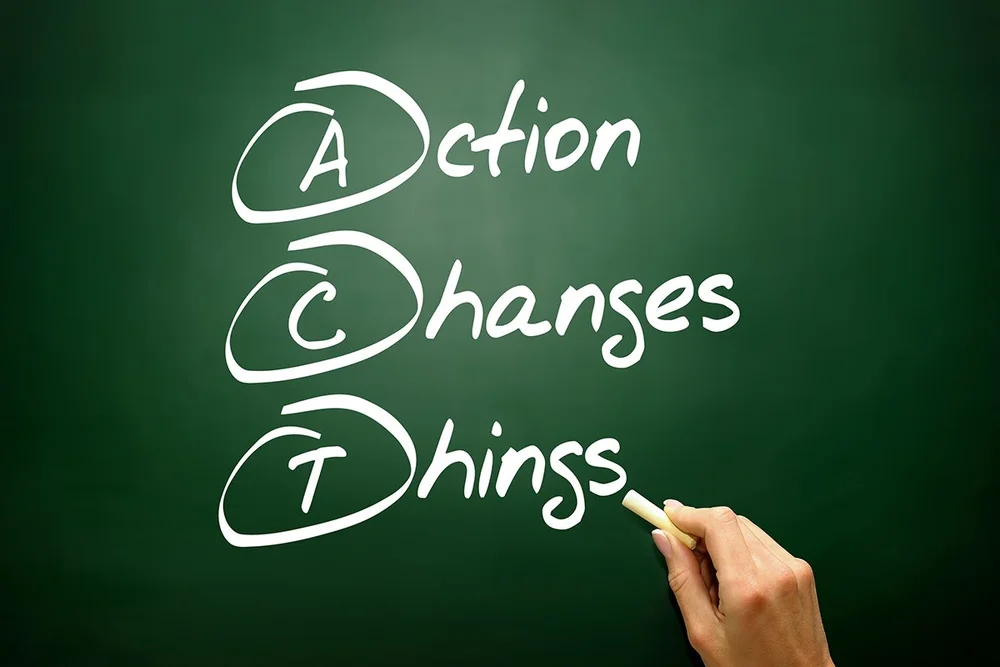
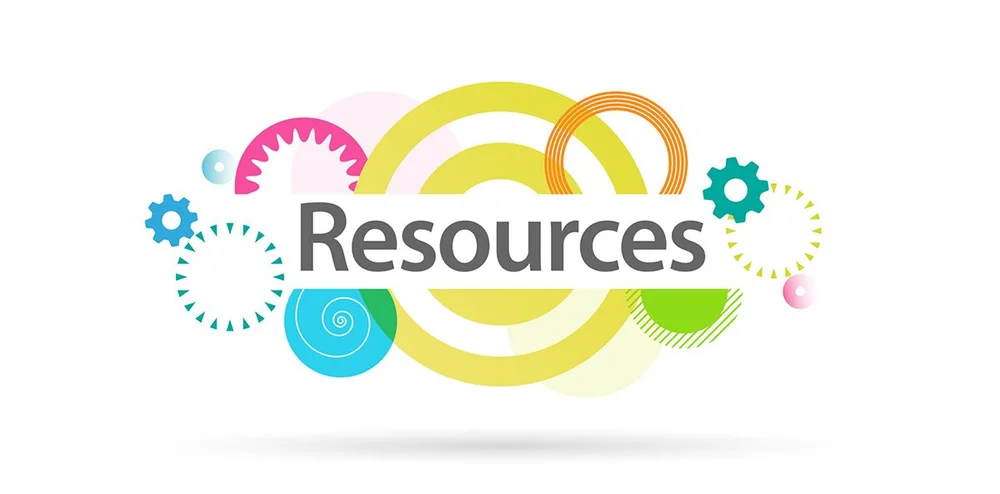
Resources to Explore
Learn from organizers, scholars, and civic groups. These guides offer history, strategy, and concrete steps you can act on right away.
- Twenty Lessons from the Twentieth Century (Timothy Snyder)
- Indivisible Guide
- League of Women Voters – Grassroots Activism
- Democracy Docket – 10 Things We Can All Do to Protect Democracy
👥 With a friend: Swap notes — “Here’s the one thing I learned, what about you?”
🔥 In community: Host a backyard or kitchen-table meetup. Print a few pages and figure out one thing you can do together.

